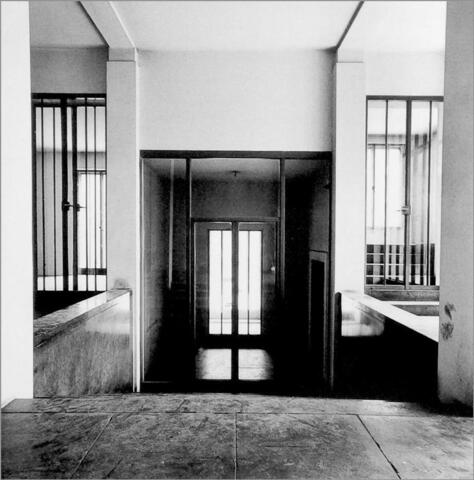Event time:
Monday, August 28, 2023 - 6:30pm
Location:
Smith Conference Room, Room 322
Paul Rudolph Hall, 3rd Floor, 180 York Street
Event description:
In 1926, the architect Paul Engelmann invited his friend and philosopher Ludwig Wittgenstein to join him in designing a house. Wittgenstein accepted and quickly took over the process with the intense passion, overbearing enthusiasm, and strive for perfection that characterized him in all his endeavors, such that, for all those involved, the work completed in 1928 was ultimately his. In Vienna, on Kundmanngaße, lies an austere-looking, bare minimalist, almost but not quite Loosian, modernist building commonly called the Wittgenstein House. This vaguely familiar anecdote merely introduces a long neglected story that poses fundamental challenges to our very conceptions of architecture and authorship. Why would a philosopher take an interest in designing a house? How can we make sense of what he designed? Is it the built expression of his philosophical arguments? Or is it a work of architecture in its own right?
From the complex conditions of its origin to the overlooked consequences of its existence, the Wittgenstein House represents one of the most extraordinary, seemingly stereotypical yet deeply idiosyncratic encounters between a philosopher and an architect in the 20th century. Its existence is predicated on an idea that brings both domains together, formulated by Wittgenstein with his typical simplicity of incommensurable consequence: “architecture, like philosophy, is really a work on oneself.”
Image: Wittgenstein House. Photograph by Bernhard Leitner in 1972
Admission:
Free
